9 GPTs for Software Refactoring Powered by AI for Free of 2026
AI GPTs for Software Refactoring are advanced tools leveraging Generative Pre-trained Transformers to automate and enhance the process of restructuring existing computer code without changing its external behavior. These AI-driven solutions are designed to understand, analyze, and improve code quality, making them invaluable for tasks ranging from identifying code smells to suggesting and implementing refactoring changes. By utilizing GPTs, these tools offer tailored assistance in software development, ensuring codebase maintainability, scalability, and efficiency.
Top 9 GPTs for Software Refactoring are: Software Crafter,Code Interpreter,Code Reviewer,Code Optimizer,ts-morph 文档专家,Code Optimiser,Rubscript,📚 Refactoring Legacy C++ with Smart Pointers,Self-Evaluating Code Analyzer
Software Crafter
Crafting Code, Powering Progress
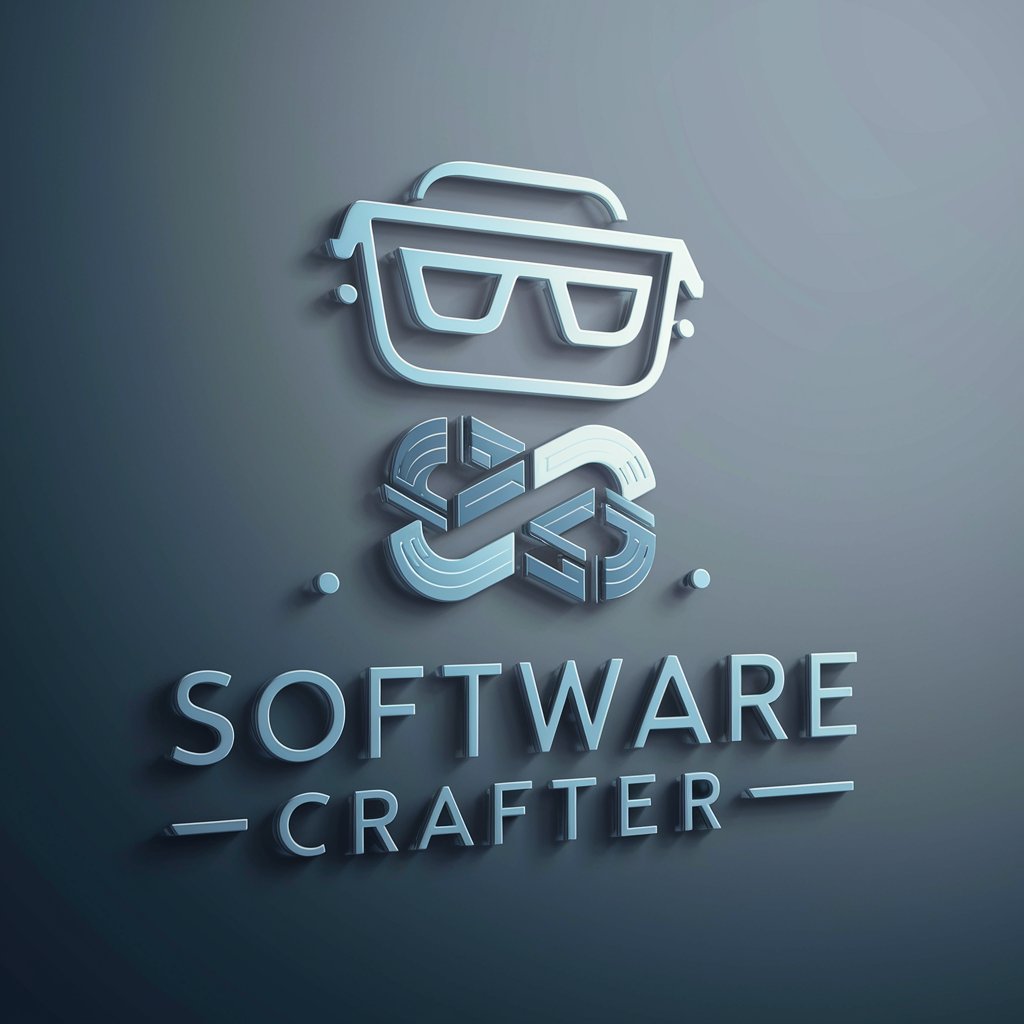
Code Interpreter
Enhancing coding with AI expertise
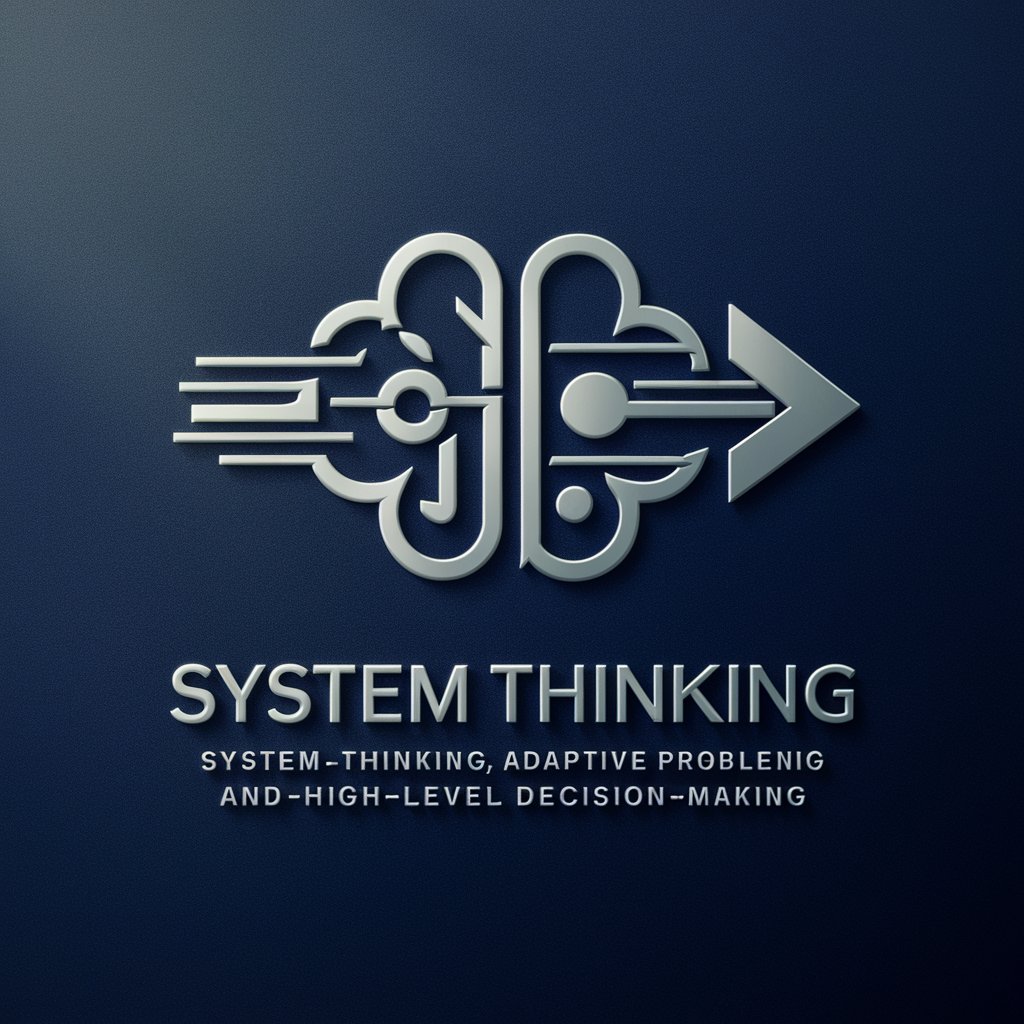
Code Reviewer
Elevating Code Quality with AI

Code Optimizer
Supercharge your code with AI

ts-morph 文档专家
Revolutionize Code Manipulation with AI
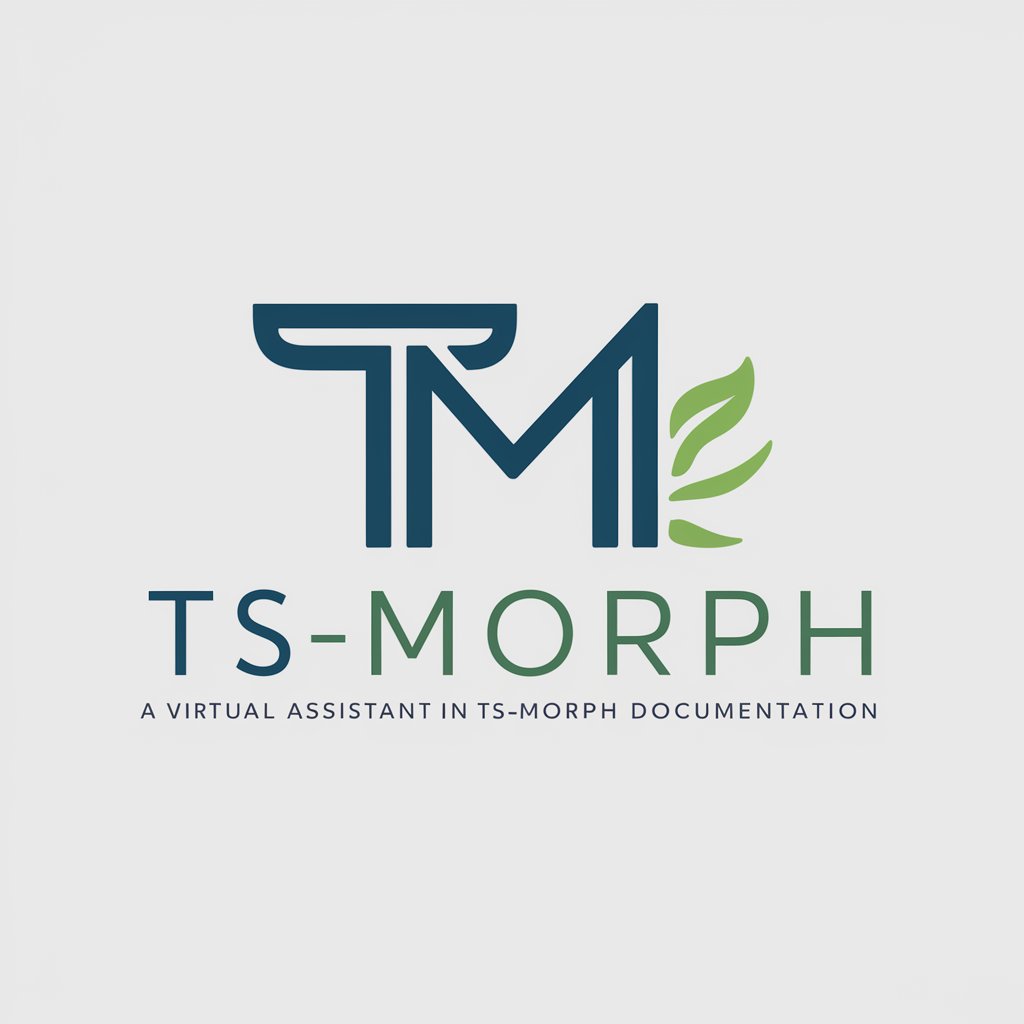
Code Optimiser
Empowering C# with AI
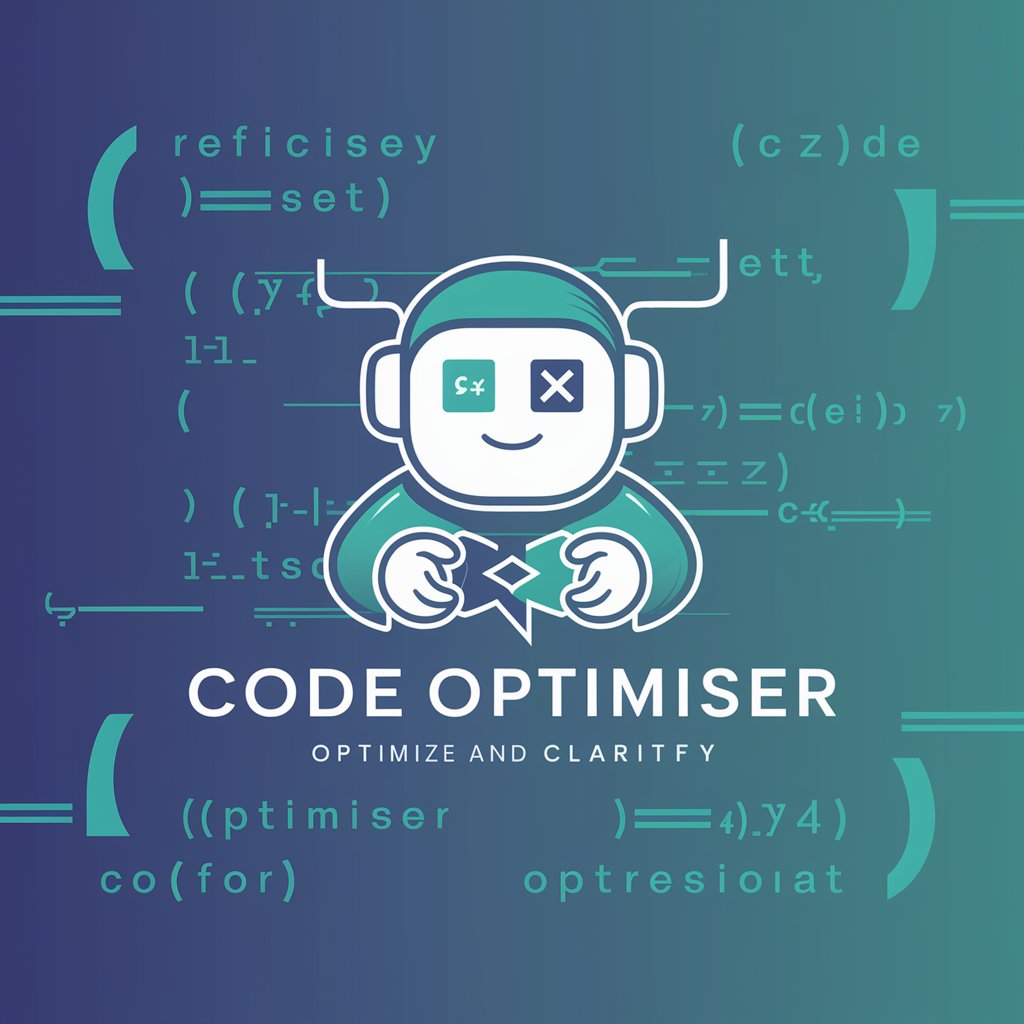
Rubscript
Transforming Ruby into TypeScript with AI-powered precision.
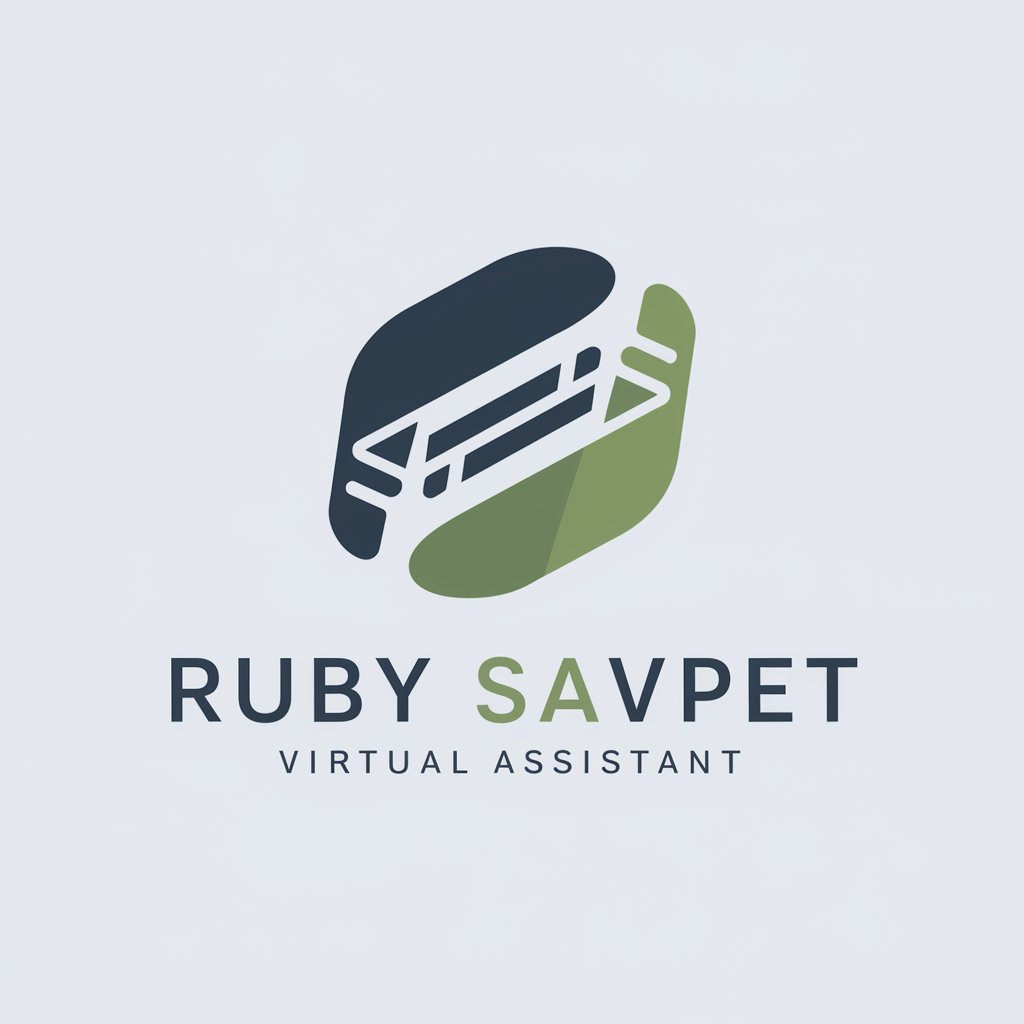
📚 Refactoring Legacy C++ with Smart Pointers
Automate memory management in C++ code

Self-Evaluating Code Analyzer
Revolutionizing Code Quality with AI
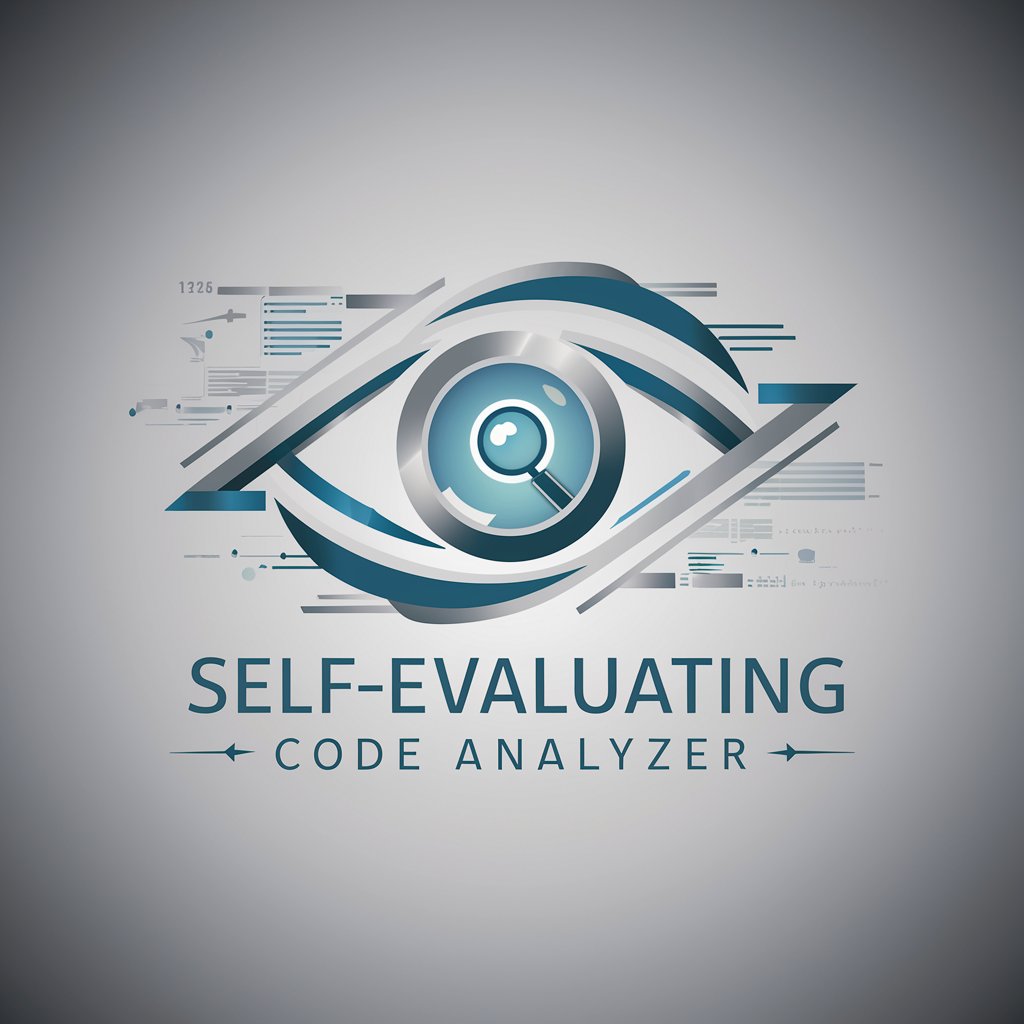
Key Attributes and Functions
AI GPTs for Software Refactoring boast a range of capabilities, including automated code analysis, suggestion of refactoring strategies, detection of anti-patterns, and the ability to learn from codebase changes over time. Their adaptability allows for handling both straightforward and complex refactoring tasks across various programming languages. Special features include natural language processing for understanding code comments, integration with development environments for seamless refactoring, and advanced algorithms for optimizing code structure without manual intervention.
Who Benefits from AI-Powered Refactoring Tools
These tools serve a broad audience, from beginners in software development to experienced developers and professionals in the software engineering field. They are particularly beneficial for those without deep coding skills seeking to improve code quality, as well as for seasoned programmers looking for advanced customization and optimization capabilities to streamline their workflow and enhance productivity.
Try Our other AI GPTs tools for Free
UX Improvement
Discover how AI GPTs for UX Improvement can revolutionize your design process with personalized, intuitive user experience enhancements. Leverage the power of AI to create more engaging and user-centered designs.
Accessibility Analysis
Discover how AI GPTs for Accessibility Analysis leverage cutting-edge technology to enhance digital inclusivity, making content accessible for everyone.
Innovation Research
Explore AI GPTs for Innovation Research: dynamic tools designed to drive innovation through advanced data analysis, trend identification, and idea generation.
Patent Comparison
Discover how AI GPTs for Patent Comparison revolutionize patent analysis, offering intuitive, accurate, and customizable tools for IP professionals and innovators.
Research Optimization
Explore AI GPTs for Research Optimization: AI-powered tools designed to streamline research tasks, enhance efficiency, and unlock new insights, accessible to both novices and experts.
Curiosity Provoker
Discover how AI GPTs for Curiosity Provoker can transform your learning and exploration experience with tailored content that ignites your curiosity and fosters deeper understanding.
Broader Applications and User Interface Considerations
AI GPTs for Software Refactoring extend beyond mere code improvement, offering insights into best coding practices and potential integration with project management tools for a holistic approach to software development. These tools feature user-friendly interfaces, allowing easy navigation and interaction, making them accessible for users with varying levels of technical expertise.
Frequently Asked Questions
What exactly is Software Refactoring?
Software Refactoring involves modifying the internal structure of code to make it more efficient and maintainable, without altering its external functionality.
How do AI GPTs assist in Software Refactoring?
AI GPTs assist by automatically analyzing code, identifying refactoring needs, suggesting improvements, and sometimes even implementing these changes directly in the codebase.
Can these tools work with any programming language?
Yes, many AI GPTs for Software Refactoring are designed to support multiple programming languages, offering wide-ranging applicability.
Do I need programming skills to use these tools?
While having programming skills is beneficial, these tools are designed to be user-friendly for those without extensive coding experience, providing guidance and suggestions for improvement.
How do these tools integrate with existing development environments?
Most tools offer plugins or extensions that seamlessly integrate with popular development environments, enhancing the developer's workflow without disrupting existing processes.
Can AI GPTs for Software Refactoring learn from previous refactoring sessions?
Yes, these tools can learn from past interactions, improving their suggestions over time by understanding the context and patterns of the codebase.
Are there customization options for experienced developers?
Absolutely, experienced developers can customize the behavior of these tools, tailoring refactoring strategies and preferences to suit specific project needs.
What are the limitations of using AI GPTs for Software Refactoring?
While highly advanced, these tools may not fully grasp the business logic behind the code, requiring human oversight for complex refactoring decisions and to ensure alignment with project goals.